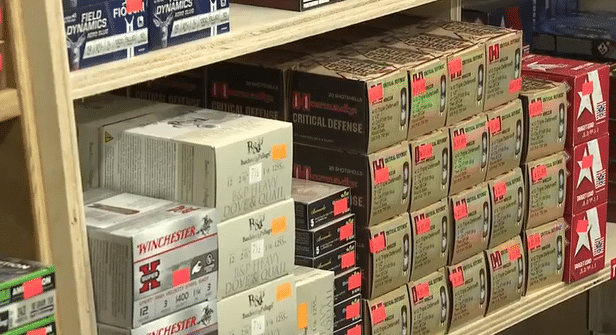LINCOLN, NEBRASKA — The Nebraska Supreme Court recently published their decision of State vs. Senn. Senn was charged with being in possession of a concealed handgun despite not having a Concealed Handgun Permit. However, the interpretation of what was considered possession came under scrutiny. The Nebraska Supreme Court decided to open the definition of possession and concealed so much that something as simple as driving home with a gun bought from the store could present problems.
According to the Nebraska Firearms Owners Association, the Nebraska Supreme Court’s interpretation is so broad for what constitutes possession that simply having a gun accessible in your vehicle if your vehicle is halted is included.
In many cases, possession in a vehicle has usually been defined as readily accessible. If readily accessible is opened up to include accessible under certain conditions, i.e. while at a stop light, then it puts a lot of gun owners at risk.
Senn’s Case: In A Nutshell
In order to understand the implications of this Nebraska Supreme Court decision, we have to understand the case behind it. Joseph Senn agreed to help a woman move out of her estranged husband’s house. The husband got home and told Senn he needed to leave. Senn got a handgun out of the moving truck and allegedly fired a shot at the husband — a charge he denies — and then left with the woman.
When police caught up with Senn, an officer saw a factory pistol case resting between the driver’s and passenger’s seat with a cloth resting over it. Police allege this constitutes possession of a concealed handgun. Senn rebutted this allegation by saying he could never have been able to access the handgun unless the vehicle was stopped. Thus, his attorney argued, he did not have ready access to it.
The real crux of this comes down to the term “on or about his person”. That’s what the court used to determine whether the pistol was accessible and thus in violation of Nebraska law without a Concealed Handgun Permit (CHP).
Senn obviously contested this. The ruling by the Nebraska Supreme Court backs it.
Thus, if you’re in Nebraska and you have a gun in a factory case — such as what many people would have if they were going to the firing range — and that person does not have a CHP and that case is at all accessible, then there’s a chance some officer of the law may interpret that as in violation of the law.
This is a case that hurts the average gun owner in Nebraska that doesn’t have a CHP. It’s one more reason to stay current on the law. If you do have a CHP (or your concealed permit is reciprocated in Nebraska) then you really don’t have much to worry about. If not, however, it’s best to stay aware.


![[VIDEO] Real-Life Purge; What Would You Do If You Were Caught In This Violent Mix?](https://imagedelivery.net/sbm_lYeJbALkepJgtmRD5w/concealednation.org/2018/11/hqdefault.jpeg/w=480,h=280)






![[VIDEO] Man Arrested For ‘Dry Run’ Of Mass Shooting After Uploading Videos To YouTube](https://imagedelivery.net/sbm_lYeJbALkepJgtmRD5w/concealednation.org/2019/12/ScreenHunter_2899-Dec.-09-21.11.jpg/w=728,h=381)




